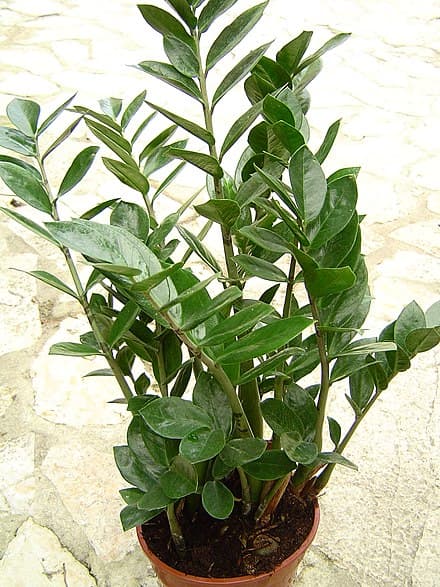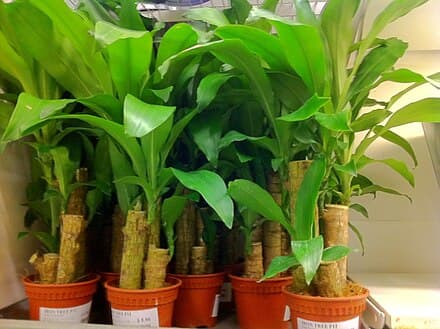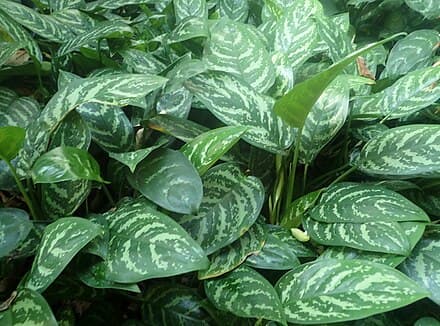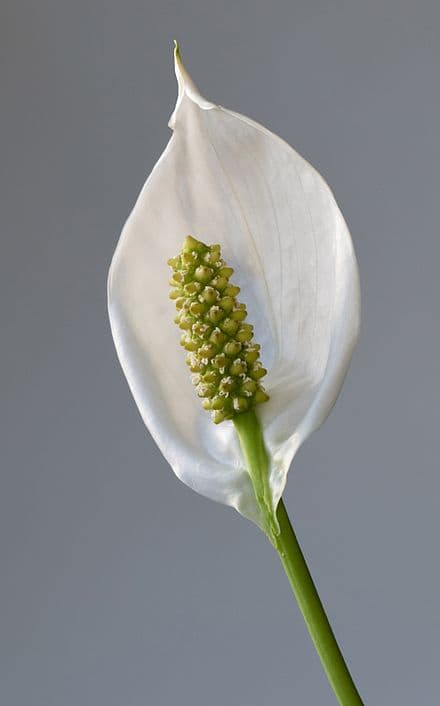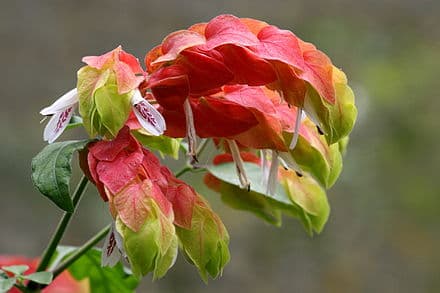Aspidistra elatior image • Photo: Author KENPEI• GFDL
Aspidistra elatior is an evergreen rhizomatous perennial plant growing up to 60 cm (24 in) tall and wide. It features glossy, dark green leaves measuring 30-50 cm (12-20 in) long that emerge directly from underground rhizomes. The plant produces unique fleshy, 8-lobed cream flowers with maroon inner surfaces in early summer, though flowering is uncommon in indoor conditions. Known for its exceptional hardiness, it thrives in low-light environments and withstands neglect, earning its 'cast-iron plant' nickname.
Plant Care Overview
Buy this plant online:
Care Guide
Essential requirements for your Aspidistra elatior
Light Requirements
indirect light to low light; avoids direct sun to prevent leaf bleaching
Light conditions can affect leaf color and growth rate. Adjust placement as needed based on your plant's response.
Watering Schedule
irregular watering tolerated; allow soil to partially dry between waterings
Humidity Needs
low humidity
Always check soil moisture before watering. Adjust frequency based on your home's conditions.
Temperature Range
23°F to 85°F (-5°C to 29°C); survives brief frosts but killed by temperatures below 14°F (-10°C)
Native Climate
Native to Southern Japan (including Kuroshima and Uji Islands) and Taiwan
Keep away from drafts, heaters, and air conditioners which can stress your plant.
Soil Type
Well-draining, rich organic mix with good aeration
Fertilizer
Balanced houseplant fertilizer during growing season
Consider repotting every 1-2 years to refresh soil nutrients and accommodate growth.
Propagation
Methods to grow more Aspidistra elatior plants
Rhizome division during repotting
Plant Info
Characteristics and background information
Southern Japan (including Kuroshima and Uji Islands) and Taiwan
slow
60 cm (24 in) tall and wide
perennial
Bloom Season
Early summer
Flower Description
Fleshy, cream-colored 8-lobed flowers with maroon interior pigmentation, emerging at soil level
Fun Fact
Aspidistra elatior is primarily pollinated by fungus gnats (Cordyla sixi and Bradysia spp.), an unusual pollination method discovered in 2018 research.
Troubleshooting
Solutions for typical issues with your Aspidistra elatior
Yellowing leaves, mushy roots, stunted growth
Visible tiny pests, webbing on leaves, yellow speckling
Faded or scorched leaf coloration
Varieties
Different varieties of Aspidistra elatior
Cultivar frequently mislabeled as A. elatior 'Milky Way'
Community Tips
Advice shared by other plant enthusiasts
No tips shared yet. Be the first to share your experience!
(Coming soon)
Care Guides
Detailed guides for caring for your Aspidistra elatior
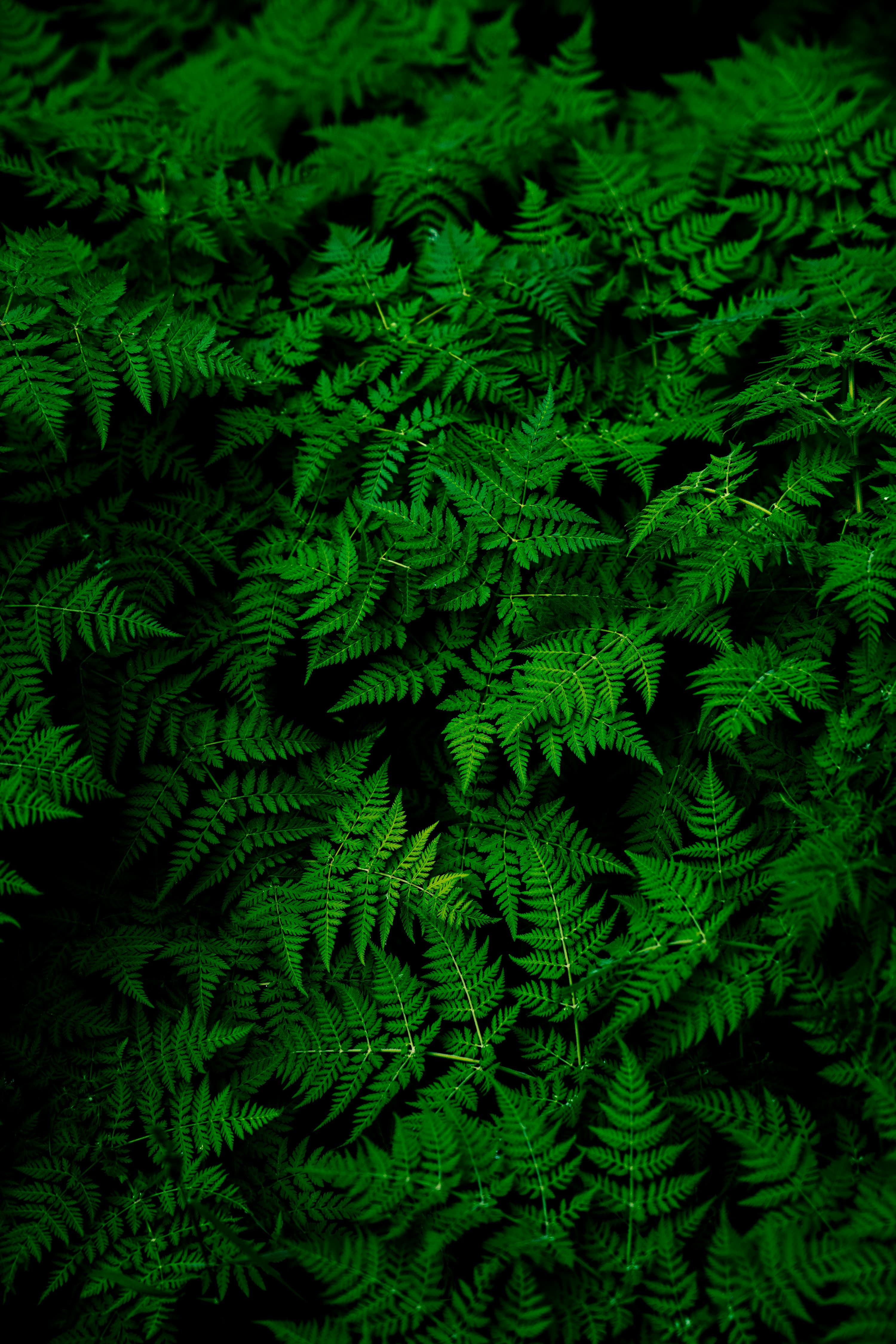
Low Light Plants Care Guide
Learn how to care for low light plants like your Aspidistra elatior
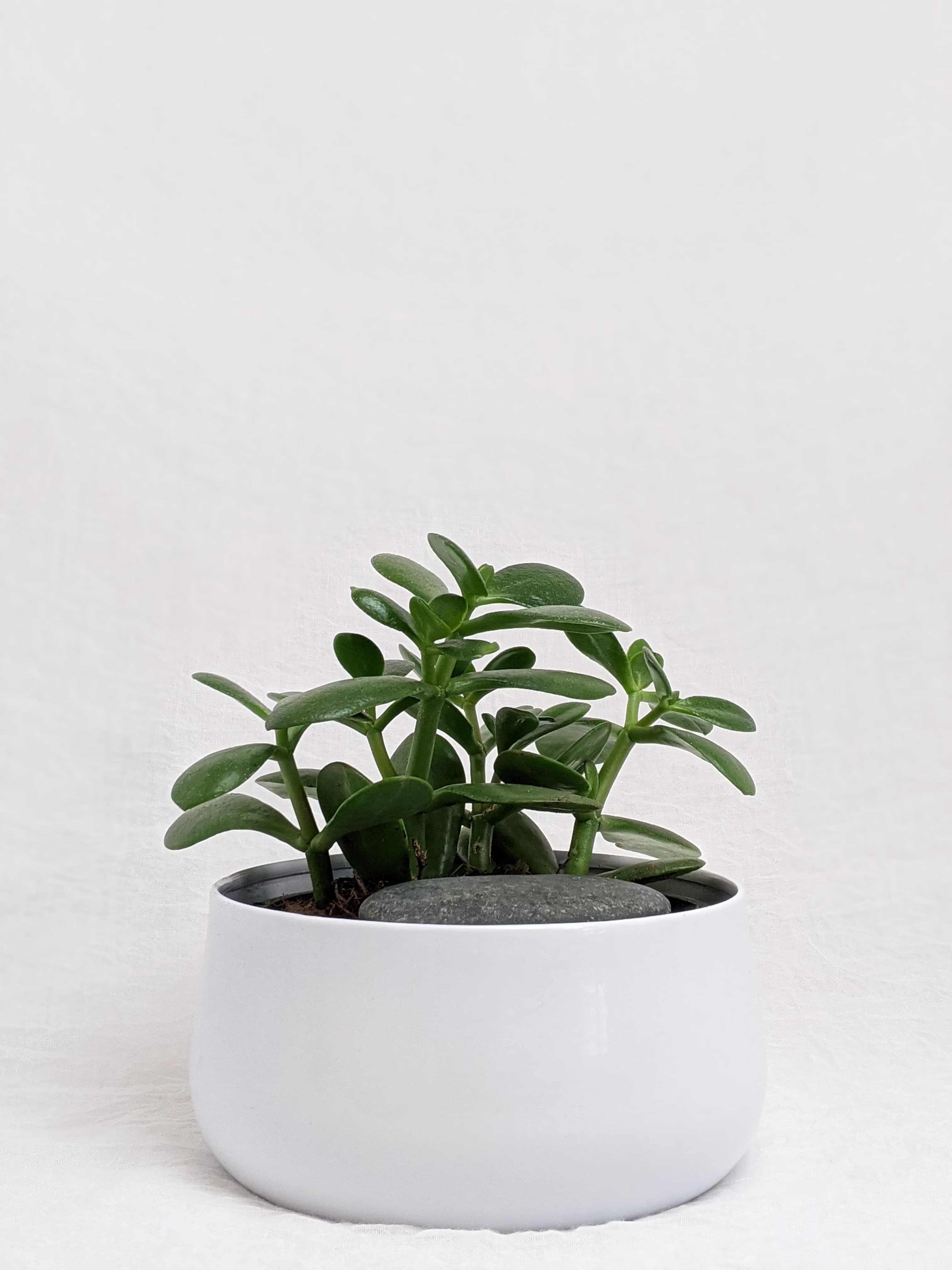
Low Maintenance Plants Care Guide
Learn how to care for low maintenance plants like your Aspidistra elatior
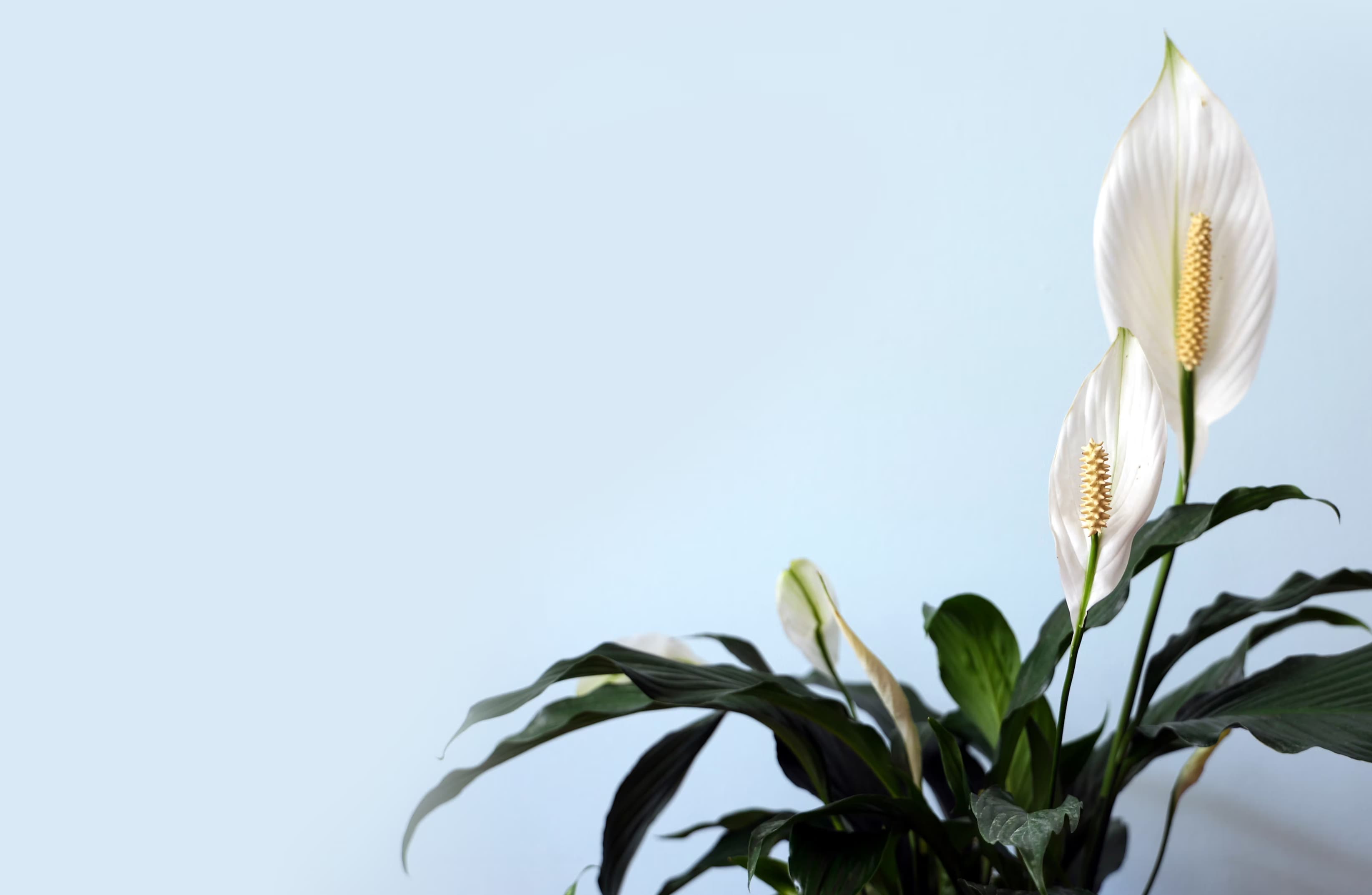
Flowering Plants Plants Care Guide
Learn how to care for flowering plants plants like your Aspidistra elatior
Related Plants
Similar plants that might interest you
Nurseries Near You
Find Where to Buy Aspidistra elatior
Discover local nurseries near you that may carry this plant. We'll show you store ratings, hours, and directions.
